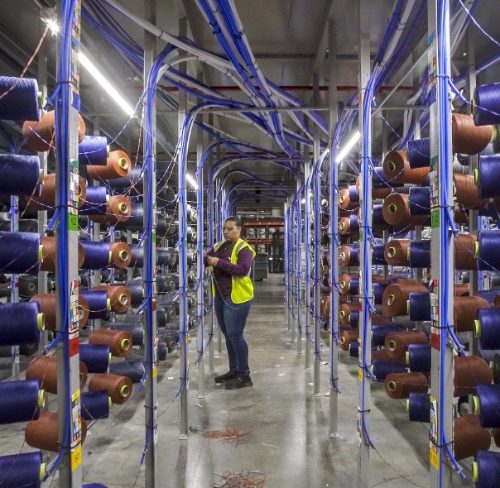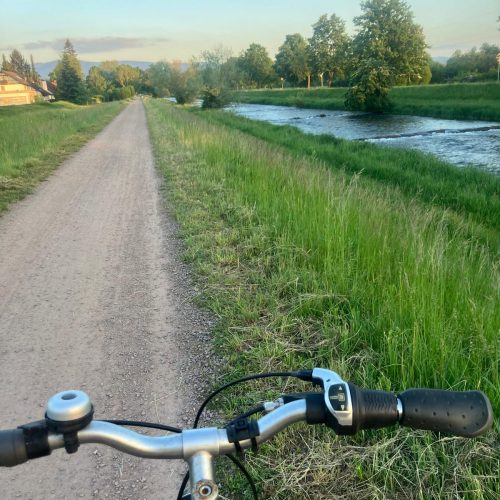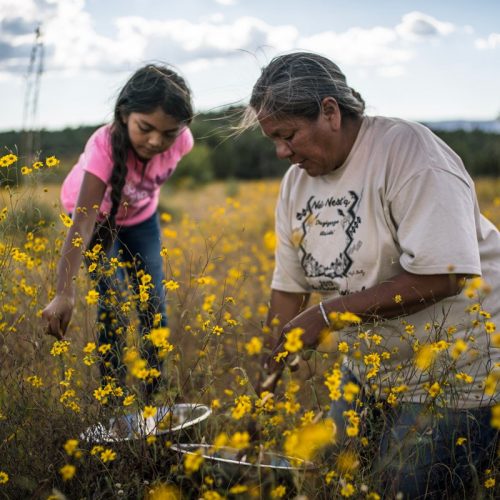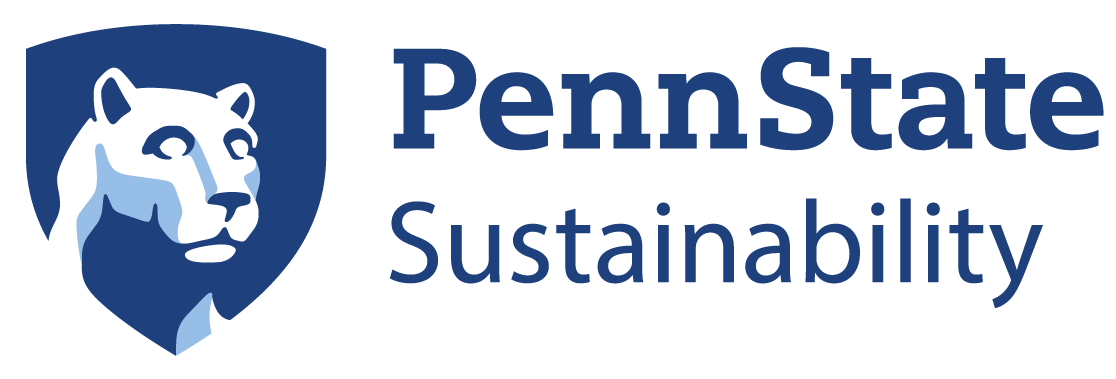The Sustainability Education Gateway is here to help each and every student find their academic path to a more sustainable life. We want to help you find sustainability in as many learning environments as possible. Whether you want to write music or design landscapes, run a farm or advocate for walkable communities, support community health in north Philadelphia or rural south Asia, or finance and engineer the next generation of solar energy systems, Penn State has ways for you to become a more sustainable individual, citizen, and professional.
Sustainability has many definitions. Penn State defines it as “the simultaneous pursuit of human health and happiness, environmental quality, and economic well-being for current and future generations.” Through the integration of people, planet, prosperity, peace, and partnership, we believe that everyone can find a path to right livelihood and the support of life on Earth through our education.
Whether you are finishing high school and looking for a major or minor, a current undergraduate looking for a competition team, a potential graduate student looking to dive deep into research, a professional looking for a way to step into your passion and a leg up, or a returning adult student, the Gateway is here to help you, your family, and your adviser find what you need.
On these pages you will find educational experiences three ways. Academic and degree programs are sorted by themes related to sustainability’s challenges as well as by undergraduate and graduate programs. We have also compiled a list of hundreds of courses using nationally-recognized criteria. Recognizing that students will look for immersive and co-curricular experiences, we include research experiences, competition teams, internships, and lifelong learning opportunities.
There is a lot of information on these pages. To make the most of it, don’t hesitate to set up an appointment with an academic adviser or a trusted mentor for assistance. If you have questions or feedback about the Gateway, please email: sustainability@psu.edu.

Built Environment & Transportation
The built environment and transportation provide us with shelter and mobility that enable human flourishing, but they also drive sustainability impacts.

Energy Transition
The energy transition from fossil fuels to low-carbon and renewable energy sources, smart grids, and zero-carbon fuels are essential for developing our sustainable energy future.

Finance & Business Innovation
Finance and business innovation are crucial in addressing sustainable investment, technology development, social entrepreneurship, and planning.

Health & Well-Being
Sustainability provides a lens to examine how social, political, economic, technological, and environmental systems influence human health and well-being and how we can mitigate health threats, build resilient and responsive communities, and train future health professionals.

Indigenous & Local Knowledge Systems
Indigenous and local knowledge systems offer valuable insights and practices that complement and enhance scientific approaches that create understanding, mitigate sustainability challenges, and build resilient communities.

Justice & Ethics
Sustainable development should result in the fair treatment, meaningful involvement, equal protection from risks, and equitable access to benefits for all people regardless of income, race, gender, national origin, Tribal affiliation, or ability.

Nature-Based Strategies
Nature-based strategies include restoring and protecting forests, wetlands, rivers, oceans, and other ecosystems, promoting sustainable agriculture and sylviculture, and using science to understand the interaction between humans and the natural world.

Policy & Governance
Effective policies and leadership at the local, national, and international levels are necessary to drive meaningful action on sustainability’s many challenges.




